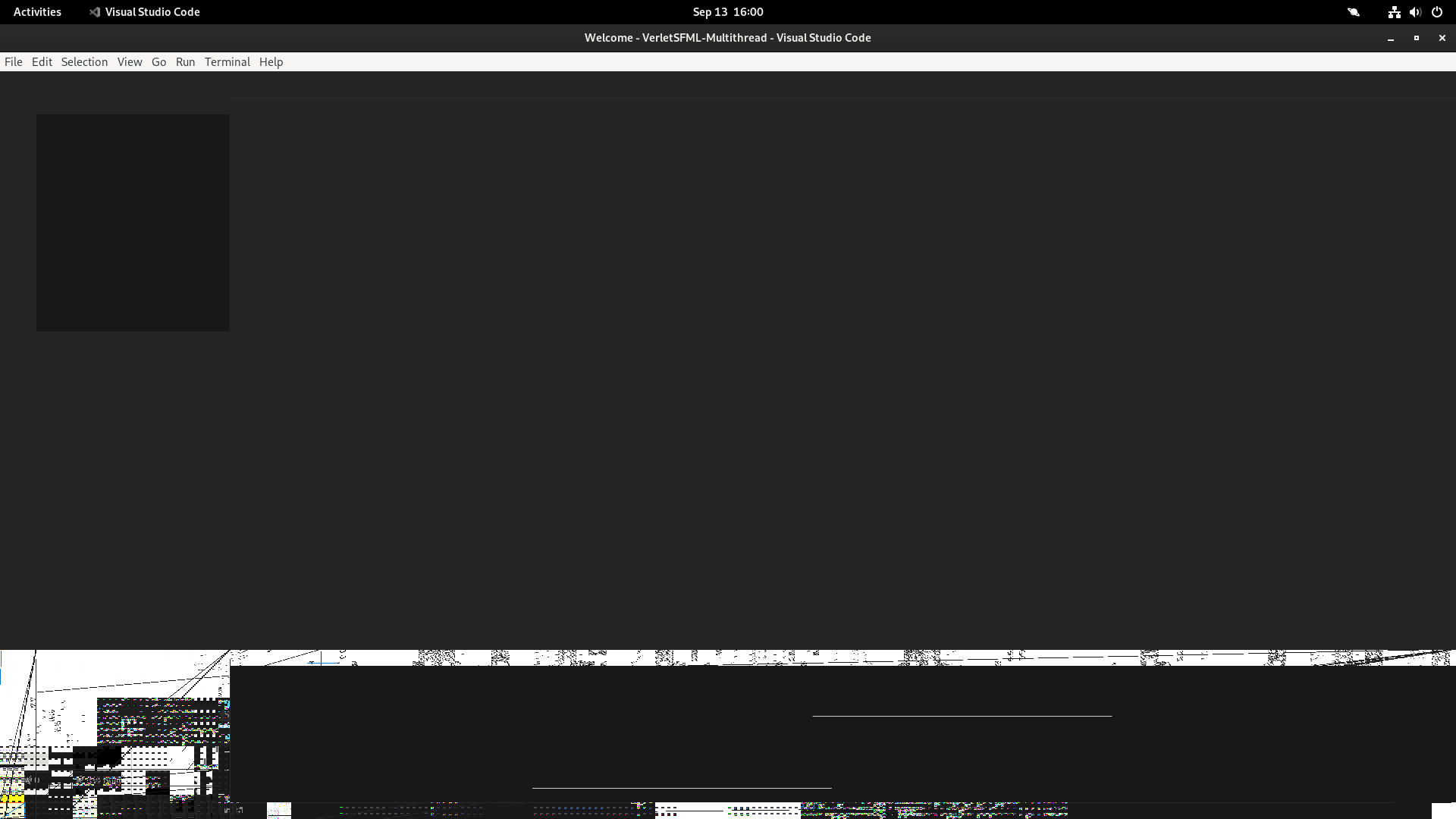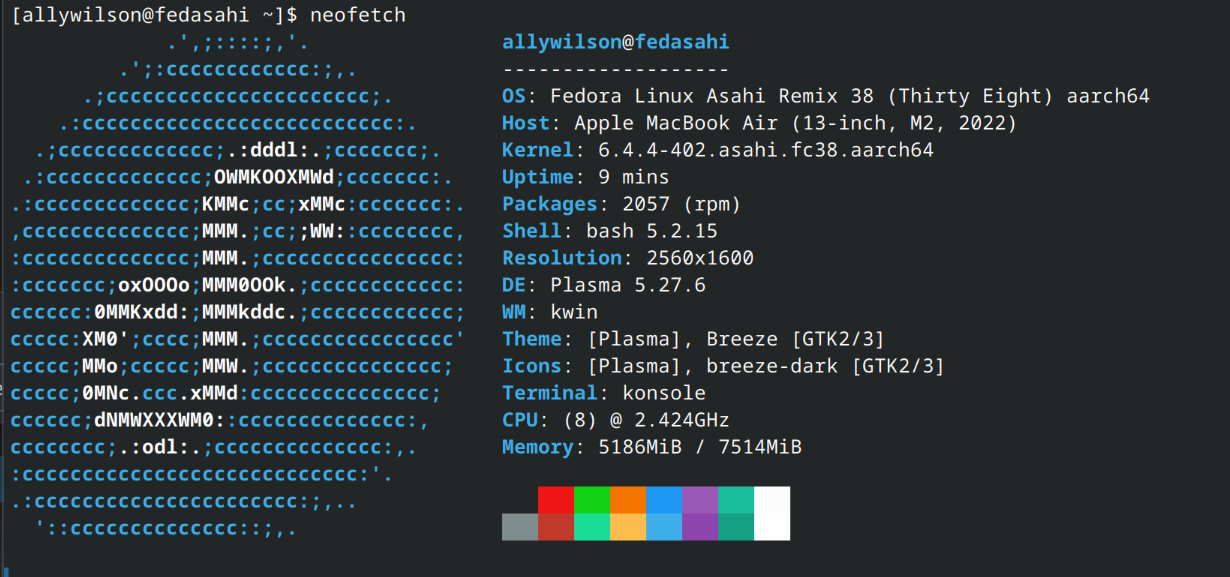I'm going to very carefully poke the hornet's nest here and ask this basic question that I never really explicitly formulated. It seems apt here on Lemmy in particular because people take as a given the superiority of Linux as the starting point of conversations involved computers generally.
I'm not here to refute this, but I am thinking I should interrogate it a bit more. I'll start with an "average" user, to which I'll have to give some sort of definition.
Imagine somebody with a low to moderate concern about privacy, more than none, but not much more and will happily trade it for useful or enjoyable services. Imagine the use case of a desktop computer for this type of person is productivity software they use at work/school, and occasionally for their own purposes too because they're familiar with it. They also like to watch movies, browse the web, and communicate with friends and family using popular free software packages. Security isn't much of a worry for them, but they do engage in private communication and also banking and will pour a lot of personal information in to the machine in exchange for a lot of useful abilities like paying bills and organising their life.
Now also picture this person is open minded, at least a little and willing to hear you out on the concept of operating systems and of Linux in particular. Is it automatically in such a person's interests to switch to Linux? And is it always a good idea to start with supposition that it is and that the only barrier is hesitancy and ignorance? Would any of their needs actually be better met should they switch? A lot of this discussion tends to devolve in to whether it is or isn't hard for such a person to use Linux should they make the switch and whether using Linux is inherently more difficult than for example Windows but I think what's missed here is, assuming it's super easy to switch for an "average" user and perfectly easy to operate thereafter, is it actually better in such a case? If the needs are so basic, what has been gained? Is it mostly an ideological preference for the philosophical concepts behind the open source movement? That could be enough in and of itself perhaps, you could pitch Linux as "better" within that framework at least for the ideals it promotes. I feel like I sense there's a desire to push Linux for this reason on the thinking that if just one more person joins the fold so to speak, then it generally pushes the world at large vaguely in the right direction in some small way. But is there anything more tangibly superior for an "average" user? It seems like nowadays hardware has long surpassed the needs of users like these such that things like "performance" don't seem all that relevant considering almost any available platform could fulfill these needs so thoroughly that theoretically superior performance from the software would seem not to play a role. There is the security and privacy aspect, certainly for me, that definitely puts me off Windows but if an "average" user says they don't care about this things, can you really say they're being foolhardy in a practical sense? In a wider view, arguably, in the way that it pushes the world in a generally worse direction, but for them directly in the near to medium or even long term, what's going to happen if they just don't even worry about it? People say Windows has poor security, but for the number of people using it, just how many will personally experience actual measurable harm from this? Despite pouring so much personal information in to their computer, I suspect they could likely go a lifetime without experiencing identity theft, or harrassment from authorities, or tangible/financial losses. I suspect they probably know that too. That seems to me again like it really only leaves more of a "digital veganism" approach to Linux's virtues. That's appealing to some, to me a bit even but it's a much narrower basis for proclaiming it "superior"
Now at the other end of the spectrum, the users that are not the least "average" who run Linux on their home systems and probably at work, use open source alternatives for every possible service and do not need conversion as they themselves are Linux preachers. What is it that they typically get out of Linux? I've heard many say they enjoy "tinkering". I get that, is that the main benefit though? It seems then that the appeal is that it's kind of "hard", like a puzzle, but I don't think any of this crowd would like that assessment. What do you want to tinker with though that closed systems would prevent you from doing? This probably goes to the heart of it because it's the point at which I think probably most diverge from say an IT professional or programmer that loves Linux, I am too ignorant here to know what I don't know and I just can't really conceive of a scenario where I might for example want to personally modify the kernel of an operating system. Most examples I see if that type of thing is people making hardware work, and it's ingenious and impressive but the hardware is usually that part of the setup that's not democratised and not open source, it's usually something off the shelf it seems to me that that hardware would have worked already on a more popular platform. Likewise when you eke out of last bit of performance out of a system, what are you actually doing with it? I mean I get that it's a crying shame for hardware to be hobbled by lousy software but if the use for the hardware, the need for computing to be done can be met with existing platforms, what is done with the savings from the better software?

